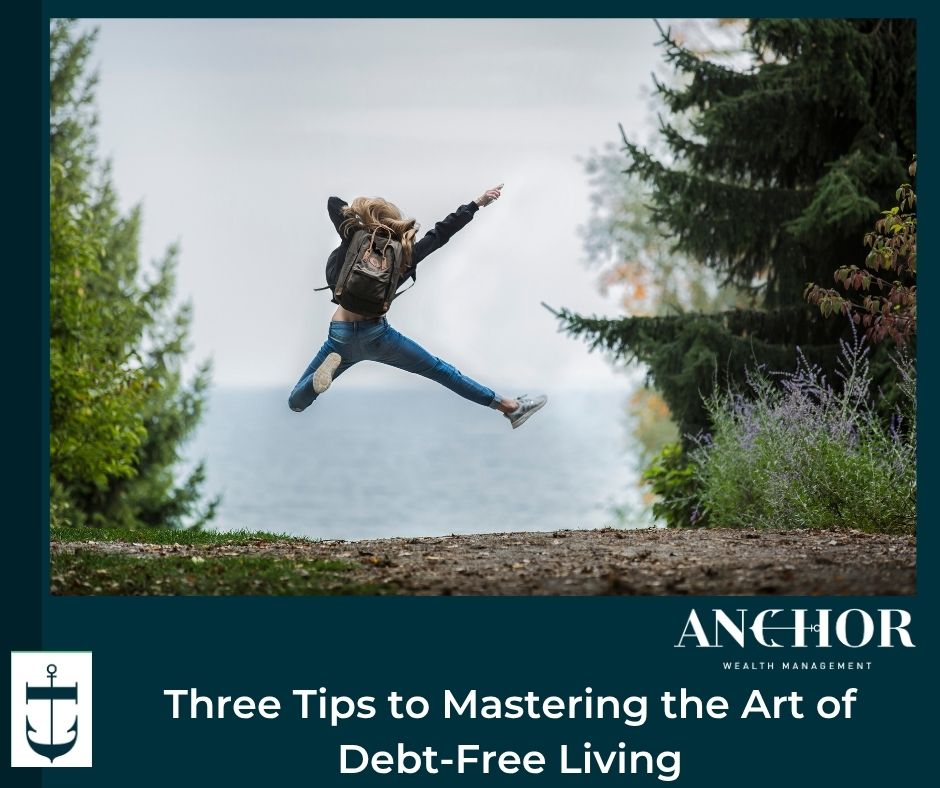
Picture this: you’ve just been paid, and before the weekend is over, your paycheck feels like it’s already gone. Credit card bills, car payments, subscriptions, eating out — it can feel like you’re working just to stay afloat. For many, this is where the journey toward debt-free living begins: with the realization that something has to change.
The good news? It can change. Debt-free living isn’t about being perfect; it’s about making intentional decisions and building habits that put you back in control of your money. As financial expert Dave Ramsey famously says, “Personal finance is 80% behavior and only 20% head knowledge.” The key is turning good intentions into action and building habits that stick. Here are three practical tips to help you get started:
Live on Less Than You Make
It may sound simple, but it’s often the hardest habit to develop. Our culture encourages spending — bigger houses, newer cars, more “stuff” — but if you want to stop living paycheck to paycheck, you need to create margin in your life. Start by looking at where your money is going each month and cutting back where you can. Small changes like reducing dining-out expenses or canceling unused subscriptions can add up quickly and free up money to work toward your goals.
Once you get used to living on less, you can put that margin to work paying off debt, saving for retirement, or funding an emergency account.
Create a Monthly Budget
A budget is not a punishment; it’s a plan. Think of it as giving every dollar a job so you stay in control. Whether you prefer a simple spreadsheet or an app, write down your income and your expenses and check in regularly to stay on track. This is where your goals come to life: planning ahead for debt payments, savings, and even fun purchases helps you feel empowered rather than restricted.
And remember, your plan doesn’t have to look like anyone else’s. Your situation, goals, and timeline are unique, so your financial plan should be too.
Pay Off Consumer Debt Quickly
Nothing steals financial freedom like high-interest debt. If you’re carrying credit card balances or personal loans, it’s time to get serious about paying them off. Start small if it feels overwhelming, pay off one credit card, sell something you no longer need, or pay down a car loan. Each step gives you momentum to tackle the next one.
Once you’ve paid off consumer debt, you can focus on building an emergency fund of three to six months’ expenses. This is what keeps unexpected events from pushing you back into debt.
Living debt-free isn’t easy; it takes time and consistency. Studies show it takes 66 days to form a new habit, so give yourself grace as you work through the process. But when you reach the point where your money is working for you, not against you, you’ll experience the freedom and peace of mind that makes the hard work worth it.
By Adam Ludwig, CEO & Wealth Advisor
